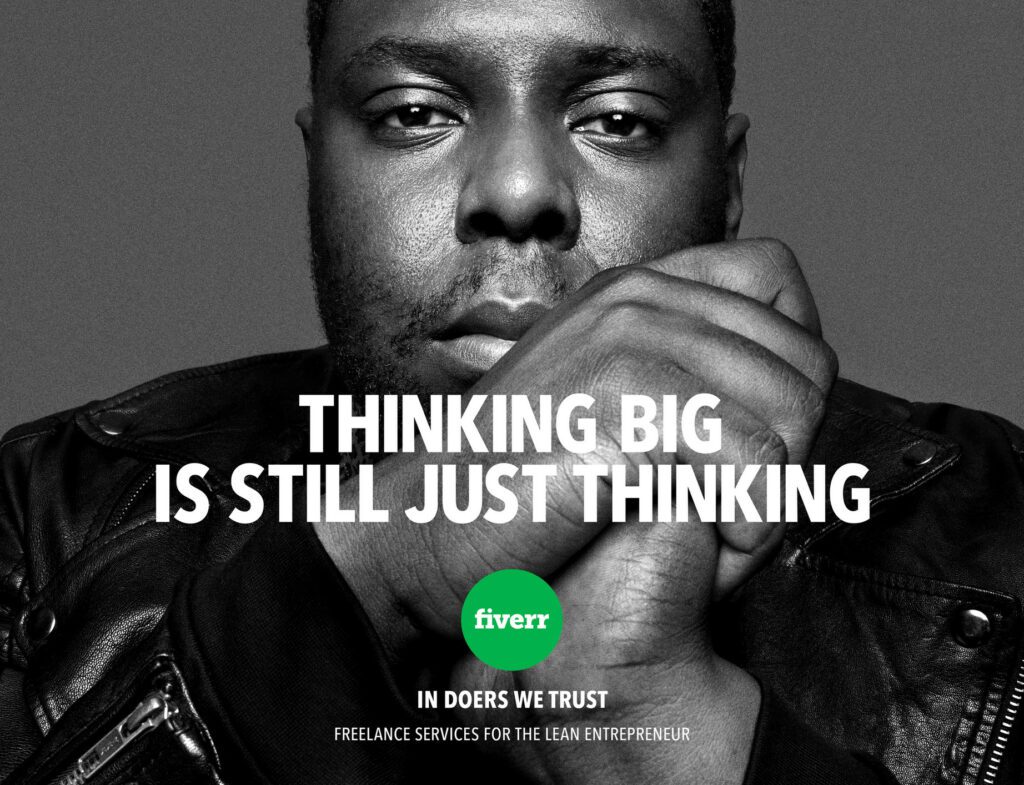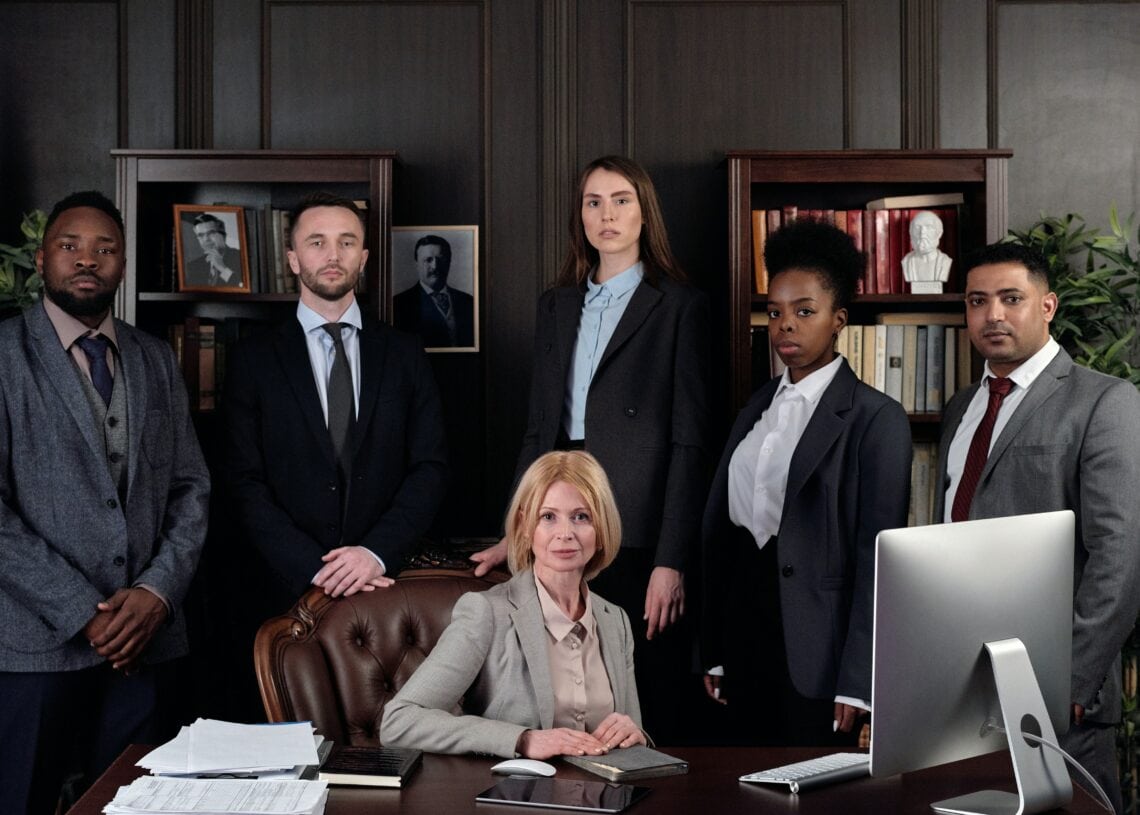Police officers serve an important role in society, but that doesn’t mean you should ever talk to them without legal representation. I learned this lesson the hard way after making the mistake of speaking to the police without a lawyer present during some arrests when I was younger. I am writing this blog post so others don’t make the same mistake I did.
Real-Life Case of Regrettable Conversations
Here’s a real-life example from a friend of mines: John has been arrested a couple of times in his life. When he was younger, he would panic and try to explain away the situation whenever the police showed up. He thought if he just cooperated and told the truth, they would understand and let him go. He didn’t realize that anything he said could potentially be used against him, even if it was the truth.
The first time he was arrested, he was hanging out with some friends who were smoking weed. The police showed up and arrested all of them. They put him in the back of a police car and started asking him questions about the situation. He was scared so he told them the weed belonged to his friend and he was just there. Unfortunately, his “honest” explanation gave them probable cause to charge him with possession. If he had politely refused to answer questions without a lawyer, they wouldn’t have been able to use his statements against him.
Another time, he was driving over the speed limit and got pulled over. The officer claimed he smelled weed in his car and asked if he had been smoking. He told the officer he smoked earlier in the day, but there was nothing in his car now. His truthful explanation ended up giving the officer probable cause to search his vehicle. The officer found a roach in the ash tray and charged him with possession. If he had simply refused to answer questions without a lawyer, the officer would not have had any evidence to search his car.
Hearing these experiences and also going through my own taught me it is always better to politely decline to speak to the police until you have legal representation. Anything you say, even if you are trying to be helpful, can be used against you.

You Have the Right to Remain Silent
The 5th Amendment of the Constitution provides the right to remain silent by stating “No person…shall be compelled in any criminal case to be a witness against himself.” This means you are never required to answer questions from the police, other than identifying yourself in some states.
The police may act like you are required to cooperate, but this simply isn’t true. You can and should exercise your right to remain silent. If the police continue to pressure you to talk, calmly state the following:
“I do not wish to speak without a lawyer present. I am exercising my 5th Amendment right to remain silent.”
Continuing to answer questions after declaring your intention to remain silent can be used against you. Politely decline to speak further until you have legal counsel.
The Police Are Not Your Friends
It’s crucial to understand that the police are not on your side when they are conducting an investigation. Their primary objective is to gather evidence and information that may be used against you. Even if they seem friendly or sympathetic, their duty is to the law, not to protect your interests. Being open and candid during a police encounter may seem like the right thing to do, but it can lead to unintended consequences, as we’ll see in the next section.
The police are skilled at interrogation techniques, which may involve misleading questions or attempting to gain your trust to extract information. Their goal is to obtain as much information as possible to build a case against you. Remember that they are not obligated to inform you about your right to remain silent. It is upon you to exercise this right.
Anything You Say Can and Will Be Used Against You
Many people naively believe that cooperating with the police demonstrates innocence. They think if they just explain everything, the police will realize it was all a misunderstanding. However, this is rarely the case. The duty of a police officer is to find evidence of criminal activity and make arrests. Anything you say during questioning will be used against you.
Even minor discrepancies between repeated statements can cast doubt on your innocence. What seems like a harmless remark to you could be used to undermine your credibility in court.
I once made the mistake of confessing to a crime, thinking honesty was the best policy. My statement was later used in court as evidence against me. If I had simply remained silent until I spoke to a lawyer, there would have been no damaging statement to use against me.
The Power of Misinterpretation
Police officers are trained to extract information from individuals during interrogations, and their skills can lead to misinterpretations. A statement taken out of context or misunderstood could be twisted to support a particular narrative. This is particularly risky when dealing with complex legal matters where precise wording is essential.
Suppose you find yourself in a high-pressure police interview without legal representation. In that case, you may feel the urge to clarify your answers or provide more information, hoping to avoid confusion. However, this can be a dangerous pitfall as it opens the door to misinterpretations that might work against you in court.
Check Out Why Time is More Important Than Money: Unlocking the True Value of Every Second.
Never Lie to the Police
While you should absolutely exercise your right to remain silent, it is also imperative that you never lie to the police. That is a separate crime in itself which can lead to obstruction charges. Be aware that police are legally allowed to lie to you to try to elicit a confession. They may claim they have evidence they don’t actually have or tell you that your friend already confessed.
If police try these tactics, politely reiterate:
“I will not answer any questions without my lawyer present.”
Lying or trying to mislead them may feel like the way out in the moment, but will only cause bigger legal problems down the road.
Your Right to Legal Counsel
The 6th Amendment guarantees the right to legal counsel in criminal prosecutions. If you cannot afford an attorney, the court must appoint one for you. This right to counsel attaches before any questioning when you become the target of an investigation.
Requesting a lawyer cannot legally be used against you in any way. It does NOT imply admission of guilt. Again, politely state:
“I am invoking my right to counsel. I will not answer questions without an attorney present.”
At that point, all substantive questioning is legally required to cease. The police might ask for basic identifying information, but they cannot continue trying to build a case against you without your lawyer present.
Be Careful What You Say After Arrest
Your right to remain silent continues even after arrest. The police will likely try to convince you that your arrest itself is evidence of guilt and that cooperating is in your best interest. This is simply not true. Nothing you say after your arrest and before speaking to a lawyer can help you.
Don’t let your desire to smooth things over allow you to unintentionally incriminate yourself. You may think you are helping your case by explaining things, but you are very likely doing more harm than good. Simply state:
“I will not answer any questions until I have legal counsel present.”
The police may still attempt to elicit information through casual small talk, so be on guard even after you have invoked your rights. Stick to your declaration and avoid substantive conversation.
Conversations with Police Are Not Confidential
When being questioned by the police, it’s important to remember that nothing about the conversation is off-the-record. Anything you say can and likely will be used in court. If you implicate yourself or admit to criminal activity because you mistakenly think it’s just a friendly chat, you are sadly mistaken.
There is no such thing as confidentiality or attorney-client privilege when speaking to the police. They have no obligation to keep your statements private or refrain from using them against you. The only way to keep your statements confidential is to refrain from speaking until you have a lawyer representing you.

Get a Lawyer Immediately if Arrested
If you are arrested, your top priority should be getting legal counsel on your side as quickly as possible. The longer you wait to get a lawyer, the more opportunity the police have to build a case against you using your own statements.
Call trusted friends or family and ask them to recommend or research criminal defense lawyers on your behalf. Hire a lawyer as soon as you are able, even if you haven’t had a chance to speak to them in person yet. Putting a lawyer on retainer immediately provides important legal protection.
Only Your Attorney Is on Your Side
It’s important to remember that the police are not questioning you out of a desire to help. Their goal is to discover evidence of illegal activity and gain a conviction. While some may seem friendly on the surface, they are not looking out for your best interests. Only your legal counsel has the duty to defend you and your rights.
I learned this lesson the hard way. When I was younger, I mistakenly believed I could talk my way out of arrests. Unfortunately, all that did was provide evidence ultimately used against me in court. I incriminated myself out of naivety.
Never forget that law enforcement officers do not have your best interests in mind. A friendly demeanor does not change the fact that answering their questions can only hurt you. Be polite, but firm and invoke your right to remain silent and speak to a lawyer. It is always in your best interests.
Know Your Rights: An Infographic
Your Rights When Dealing with the Police
| Right | What it means |
|---|---|
| Right to remain silent | You do not have to answer any questions the police ask you. |
| Right to an attorney | You have the right to have an attorney present during questioning. If you cannot afford an attorney, one will be appointed to you for free. |
| Right to a Miranda warning | The police must tell you that you have the right to remain silent and that you have the right to an attorney before they question you. |
| Right to be free from unreasonable search and seizure | The police cannot search you or your property without a warrant, unless they have probable cause to believe that you have committed a crime. |
| Right to a fair trial | This means that you have the right to be represented by an attorney, to confront the witnesses against you, and to present evidence in your defense. |
What to do if you are arrested:
| Action | What it means |
|---|---|
| Do not resist arrest. | If you are arrested, do not try to fight the police. This could only make things worse for you. |
| Ask to speak to an attorney. | Once you are arrested, you have the right to speak to an attorney. Do not waive this right. |
| Be polite and respectful to the police. | This does not mean that you have to agree with them or answer their questions. However, it is important to be polite and respectful so that you do not escalate the situation. |
What to do if you are stopped by the police:
| Action | What it means |
|---|---|
| Be polite and respectful. | Even if you are stopped for a traffic violation, it is important to be polite and respectful to the police officer. |
| Do not argue with the police officer. | If you disagree with the police officer, it is best to save your arguments for court. |
| Ask if you are free to go. | If the police officer has no further reason to detain you, you should ask if you are free to go. |
| If you are not free to go, ask why you are being detained. | The police officer must have a reasonable suspicion that you have committed a crime in order to detain you. |
Just to reiterate:
| Right | What it means | When to use it |
|---|---|---|
| Right to remain silent | You do not have to answer any questions the police ask you. | If you are arrested or stopped by the police. |
| Right to an attorney | You have the right to have an attorney present during questioning. If you cannot afford an attorney, one will be appointed to you for free. | If you are arrested or stopped by the police. |
| Right to a Miranda warning | The police must tell you that you have the right to remain silent and that you have the right to an attorney before they question you. | If you are arrested or stopped by the police. |
| Right to be free from unreasonable search and seizure | The police cannot search you or your property without a warrant, unless they have probable cause to believe that you have committed a crime. | If you are stopped by the police or if you are arrested. |
| Right to a fair trial | This means that you have the right to be represented by an attorney, to confront the witnesses against you, and to present evidence in your defense. | If you are charged with a crime. |
Remember, you have rights. Do not be afraid to stand up for your rights when dealing with the police.
Summary
I hope this blog post provides some insight into why you should never talk to the police without your attorney present. Here are key takeaways:
- You have the constitutional right to remain silent. Use it.
- Anything you say will be used against you, even if you think you are being helpful.
- Lying to the police will only backfire. Be polite, but silent.
- Your right to counsel starts immediately. Invoke it.
- Nothing you say to law enforcement is confidential.
- Get a lawyer on your side as fast as possible.
- The police are not your friends in an investigation. Only your lawyer is.
Talking to the police without representation, even with good intentions, often provides evidence that hurts your case. Don’t make the mistake I did. Listen to the Miranda warning: “You have the right to remain silent. Anything you say can and will be used against you in a court of law. You have the right to an attorney. If you cannot afford an attorney, one will be provided for you.” Protect yourself by politely refusing to talk until your lawyer is present.
















































